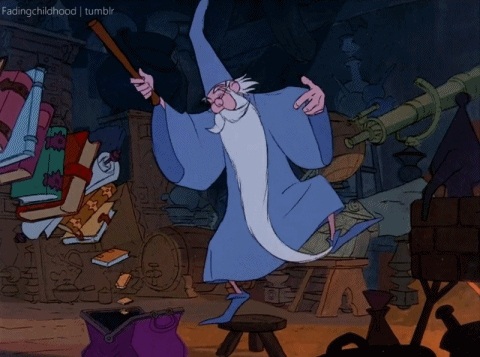Happiness Lessons: According to Socrates and Plato
Socrates, the Greek thinker, was put to death for encouraging his students to question everything from Athenian customs to their beliefs; however, his ideas did not die with him.
How does a man live a good life? And how can one achieve excellence to the utmost of their ability?
These two questions have been grappled with and grasped for thousands of years, yet no one has searched into the meaning of these questions more than the philosophers of Ancient Greece. After listening to the happiness lab podcast with Dr. Laurie Santos, the episode, Happiness Lessons of the Ancients, really got me thinking about Plato’s vision of the human psyche. In particular, my favorite analogy to explain the nature of the soul, aka the tripartite, is through the chariot allegory. This allegory reveals the true nature of man, and what must be done to achieve arete (excellence), Andreia (manliness) and, as a product of the two, eudaimonia (human flourishing).
This allegory is shared in Plato's Phaedrus, which dives deep into the human psyche. It begins with two horses that pull a chariot, one is noble, while the other is wild. The wild horse primarily focuses on fundamental desires and is obstinate, unyielding to the whip of the spur forced on by the charioteer. On the other hand, the noble horse does not need to be tamed as it embraces honor, temperance, and modesty. No whip is needed on the horse of nobility, but rather words and admonition help to guide him.
While immortal charioteers have two immortal horses and are gracefully able to achieve happiness, it is not the same for mortals. In fact, a turbulent ride for mortals proceeds because they have to deal with both forces of a noble and wild horse. When the noble horse wishes to rise and achieve happiness, the wild horse pulls the charioteer down. Hence, glimpses of this goodness are seen but not maintained because of the opposing pulls in opposite directions.
So how do we interpret this analogy? All components: the chariot, the charioteer, and the two contrasting horses represent the soul. The charioteer symbolizes reason, the wild horse represents appetite, and the noble horse stands for spiritedness. Aristotle saw each of the components as separate forces that cause a man to think and act a certain way. Each factor has its own individual purpose and vision: Reason seeks knowledge and truth, appetite seeks food, sex, and material wealth, while spiritedness wants recognition and honor. It is important that a man trains the forces of his soul and understands the nature of “his horses” because utilizing each horse's strength will help to reign in their weakness.
So how do we find the “golden mean” when we have an intimate acquaintance with our appetite? A hedonist is a man who is completely driven by his appetites. He does not look to reign in the wild horse but rather wholly indulges himself and strives for nothing higher than to get drunk, make money, and have sex. Without reigning in the wild horse disaster entails. On the other end of the spectrum is a prudish man. One who deems partaking in any kind of pleasures as sinful, evil and troublesome. He bottles up his desire for pleasures and as a result like that of a hedonist also has a downfall. The “middle way” is the between of the two extremes. A man resembles this middle way when he makes room for pleasures but is able to put them in their proper place. In other words he finds virtue in his vices. Examples of this can be appreciating making money but not making acquiring it a central aim. Another instance is thoroughly enjoying sex but through the virtue of commitment and love. In general, when the dark horse is properly directed and trained one is able to get closer to living a more happy fulfilled life. When our desires for pleasure are practiced with discretion we will be able to lead a fulfilling and balanced life. When one partakes in creating this balance greatness is achieved. When it comes to the desire for money if one works on creating balance they will find themselves achieving success, independence, and recognition. If lust is properly directed it can lead a man to commit and love. Practicing minimalism can also help us train and reign in the wild horse. Purchasing materialistic items in hopes that it will make us happy oftentime leads us to wanting more which seems to never be enough. Minimalism is an important skill to hone because it allows you to create your own happiness by training yourself to get rid of negative aspects in your life that only bring you down. All in all, the wild horse has a nature to it which can be used for both good and evil. Therefore, it is up to us to take a hold of the reins and create happiness in our lives.






































